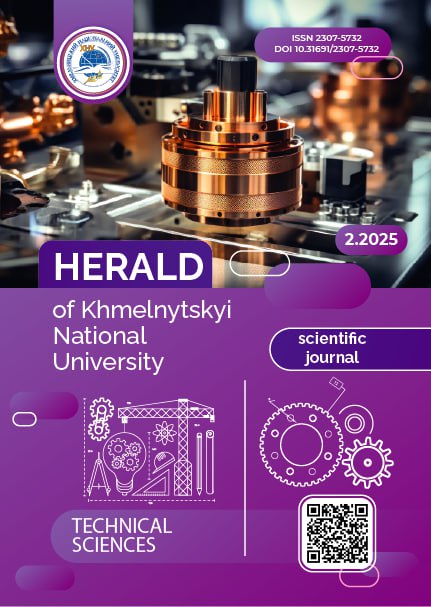A PARALLEL APPROACH TO BUILDING CLUSTERING BASED ON ENERGY CONSUMPTION USING A MODIFIED K-MEANS ALGORITHM
DOI:
https://doi.org/10.31891/2307-5732-2025-349-15Keywords:
сlustering, parallel computing, energy consumption, data analysis, optimization, prediction, centroidsAbstract
This paper explores the clustering of buildings using a modified K-means clustering algorithm that incorporates parallelized computations and selects initial centroids based on mean values. The proposed approach enables the classification of buildings according to their energy consumption levels, ensuring more accurate segmentation of electricity consumers. By leveraging parallel processing, the algorithm significantly reduces computational complexity, making it more efficient for large-scale datasets. An experimental study was conducted to evaluate the algorithm’s performance with different numbers of processes. The results indicate that the highest speedup was achieved using four processors, which corresponds to the number of available processing units in the system. This speedup reached up to 3.8–3.85 times compared to the sequential implementation, demonstrating the effectiveness of parallelization in handling large volumes of energy consumption data. The application of the parallelized K-means clustering algorithm in the context of energy consumption analysis offers multiple advantages. It facilitates the identification of distinct energy consumption patterns, which can be useful for developing energy-saving programs and optimizing power distribution. Furthermore, the ability to process energy data more frequently – potentially on a daily basis rather than weekly – enables more precise monitoring and forecasting of electricity usage. The findings suggest that parallel implementations of clustering algorithms are a promising direction for Smart City technologies. They can enhance the efficiency of urban energy management systems, contribute to the reduction of energy consumption, and improve the overall sustainability of modern cities. By supporting real-time analysis and decision-making, such algorithms pave the way for more adaptive and intelligent energy infrastructure.
Downloads
Published
Issue
Section
License
Copyright (c) 2025 ЛЕСЯ ГЕНТОШ, РОМАН ЛЕВКОВИЧ (Автор)

This work is licensed under a Creative Commons Attribution 4.0 International License.

